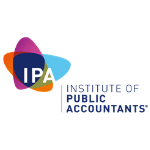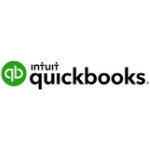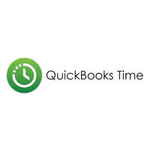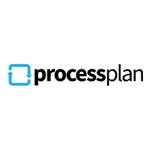Startups
To trade as a business, you need to meet the right compliance requirements. It’s certainly not the most exciting part of creating a business, but setting up the right legal, accounting and tax compliance foundations ensures that you’re doing everything by the letter of the law. Haslam Consulting & Accounting has a lot of experience in this area. We’ll make sure your foundations are solid.
Here are the main compliance steps to think about, and why they’re so important to the smooth running of your business.
Write a business plan
If you want to achieve your goals, you need a plan. A business plan doesn’t just set goals, however. There’s more to it than that.
It’s a tool to show potential creditors, investors and regulators that you’re serious. It helps you plan the fine details and put systems in place to deal with problems as they arise.
Business planning isn’t simple and is best done in partnership with your accountant. That way, you’ll have a plan that gives you a clear path forward.
Find Out More About Business Plans Here
Decide on a legal structure for the business
First off, you’ll need to make a decision about the legal structure of the company. There are two key choices here – incorporated (a limited company) or unincorporated (usually either a sole trader or a partnership). The key difference here is around liability. In other words, do you want your business to be a limited company, where you and the business are treated as separate legal entities? Or do you want to be unincorporated, like a sole trader, where you and your business are seen as one single entity.
Most startups will opt for the incorporated limited company route, keeping your personal and business finances separate and lowering your personal liability and risk.
Open a business bank account
To trade, take payments and pay your suppliers, you need to have a business bank account that’s separate from your own current account. This helps to create a tangible divide between the money you’ve generated from the business, and your own personal cash.
Most big banks won’t let you use a personal current account for business purposes. Banks will offer a variety of different business accounts, with varying levels of fees, overdraft levels and additional business features. Set up the business account and then use this account for ALL transactions going in or out of the company.
Set up a bookkeeping and accounting system
It’s a legal requirement for your limited company to keep adequate records and to submit annual statutory accounts. To be able to meet these requirements, it’s essential that you have a bookkeeping process and a reliable accounting system in place.
There’s a dazzling choice of different cloud-based accounting platforms aimed at the ambitious startup owner. Xero, QuickBooks, MYOB and Reckon are big names in this space, and all offer easy-to-use systems that make the accounting process relatively straightforward. It’s a good idea to engage an accountant, right from the start, to get the best possible accounting advice.
Register for the relevant business taxes
Tax is an unavoidable part of running any business. It’s mandatory for you to register for the relevant business taxes, and you’ll also need to factor in that a certain percentage of your startup’s profits will end up going to the tax authorities at the end of each financial year.
If you’ve opted for the limited company route, you must register for corporation tax in your home territory. Corporation tax is paid based on a percentage of your year-end profits, once reliefs and other allowances have been taken into account. Approximately a quarter of your end profits will end up being paid over in tax, so it’s imperative that you put this money away in a separate tax accounting, or ring-fence it in your accounts, so you have the money to pay the bill at year-end.
Other taxes to consider include:
Income tax – although you’ll pay corporation tax on your company’s profits, directors are also taxed on their own personal earnings too. If you’re an unincorporated sole trader, this is also the way you’ll be taxed on your business profits, as your personal and business income are treated as the same thing.
Goods & Services Tax (GST) – GST is an indirect value-added tax or consumption tax for goods and services. If you sell products or services that qualify for GST, you’re responsible for collecting these taxes and paying them to the tax authority on a monthly, quarterly or annual basis.
Pay-as-you-go Withholding (PAYGW) – if you have employees, and your home territory operates a PAYG system, you’ll need to make income tax deductions from your employees’ wages and pay these taxes directly to the relevant tax authority. This is all done via your regular payroll run.
Book a free consultation
To get started call Haslam Consulting & Accounting Toowoomba on 1300 427 526 or book an appointment.













